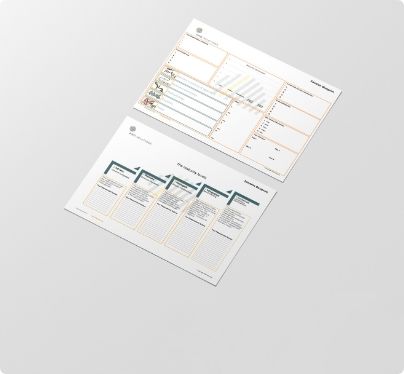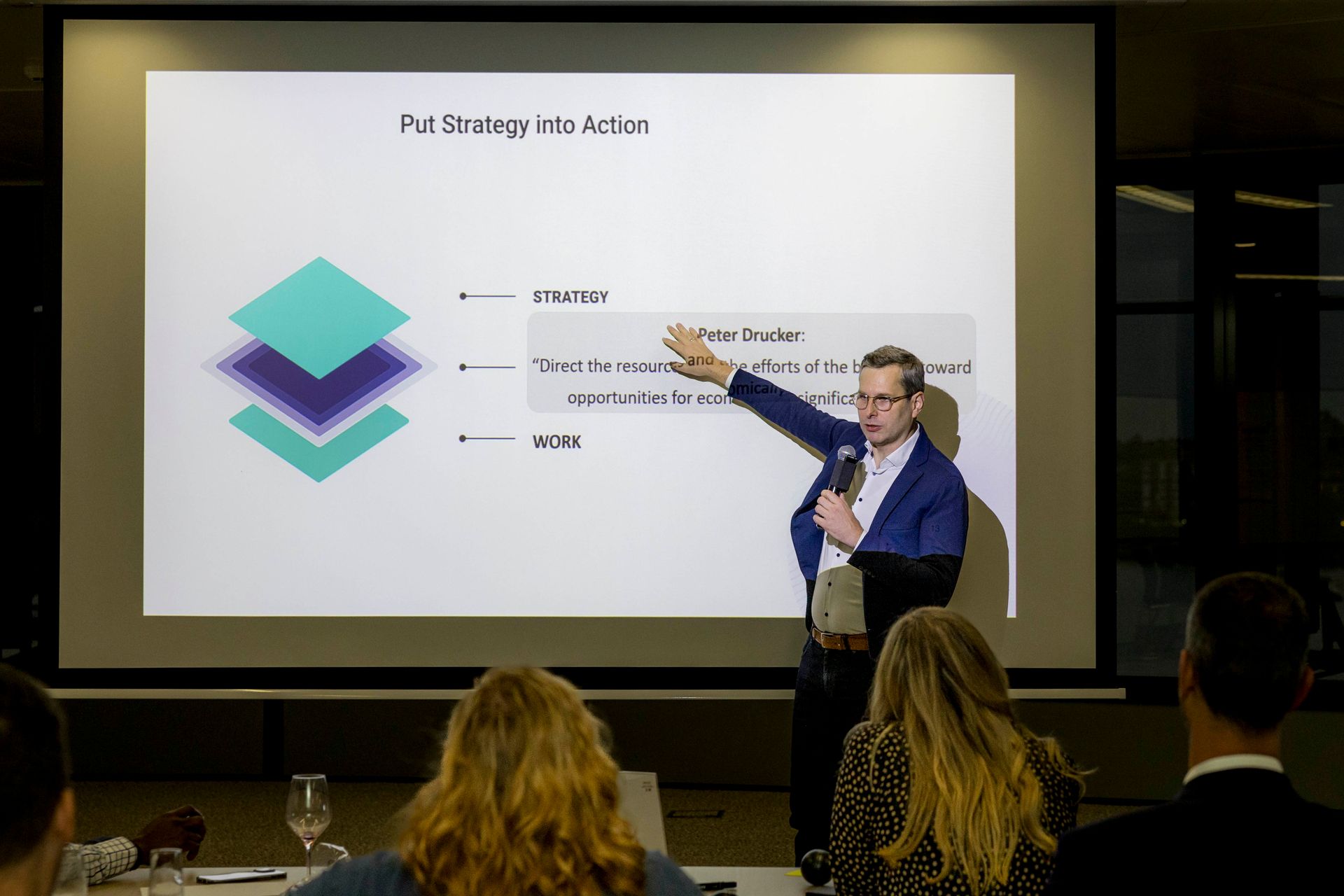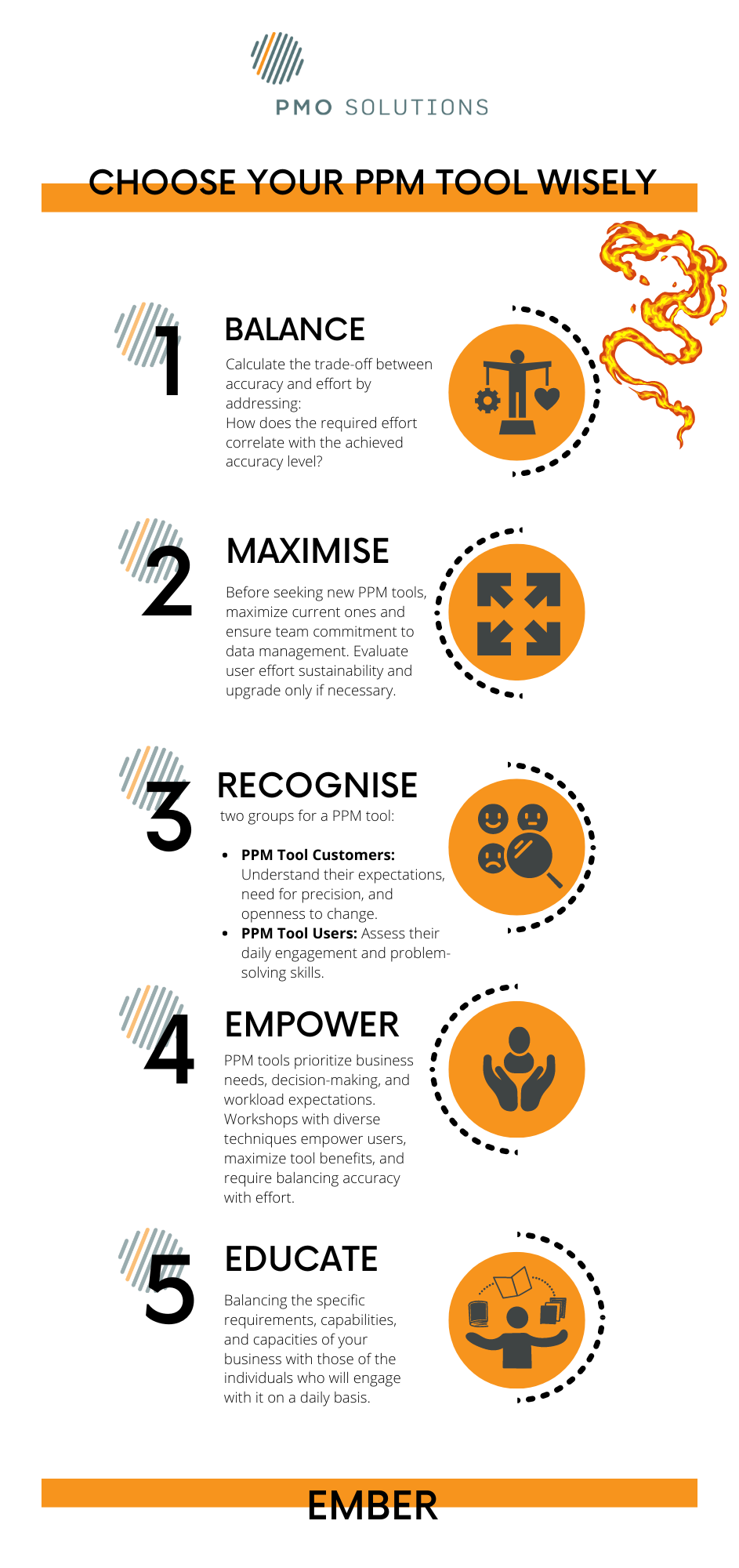10 February 2023
How a PMO can create Integrated Solutions?

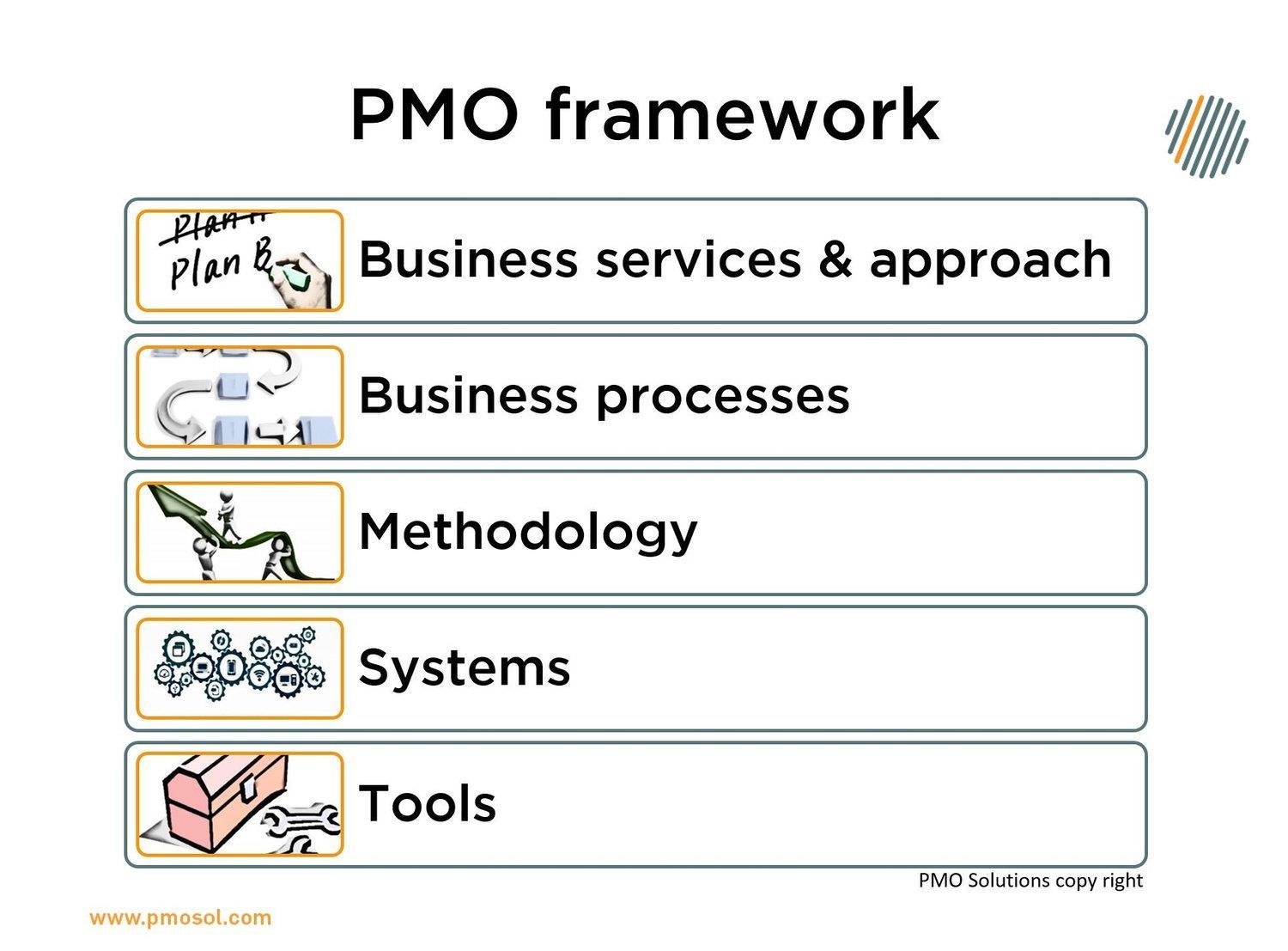
Business Services:
Your PMO’s primary service delivery focus is the business which is derived through an in-depth understanding of the relationship between your business’ defined services and your business’s deliverables. As a service provider to the business, if your service doesn’t support any business operations then your service is redundant and should be changed or archived. For example, if the business service to its clients is an online marketplace then all PMO services should be defined to support developing, maintaining and expanding the online market portal and operations. This approach helps PMOs to define and measure the specific values a PMO service returns. The PMO solutions framework helps you to consider all aspects of business operations to identify any the gaps between current processes and business needs to then define and deliver PMO solutions and services.
Business Processes:
When considering business processes you certainly start with the steps of how your business delivers its services but it is also essential to look beyond the details of a specific delivery model to develop an understanding of the broader purposes and the definitions of the service globally across your organisation. To define your PMO services you must be able to see the big picture as the only effective method to be able to develop a fundamental understanding of how PMO services impact other business processes. For example: are there any other services within the business that currently provide the same outcome or outputs in the business? What are the other business processes that drive inputs to the PMO or, alternatively, receive outputs from PMO service? It is crucial to remember that services are not binary! A service may simultaneously receive from and drive to your PMO. Complex inter-relations and interactions are the norms! If there is no connection between the PMO service and other business processes in the business, you need to think carefully: “is this service required”? Deployment of this analytic framework proves to help PMOs to understand the value that their service provides and to create collaboration across diverse business units. Further, thinking globally allows your PMO to become de-centralised and redefine its core functionality from an isolated and siloed existence to an integrated and holistic collaborative driver of value.
Methodology:
Methodology for a PMO is way beyond classical “Project Management Methodologies” in which you would normally consider structures such as waterfall, agile or similar. Instead, methodology is about how we work and therefore covers parameters across the business including how we manage our projects; how we work together as a business; how we communicate; how we meet, support and manage. Therefore, to provide PMO solutions effectively and efficiently you need to clearly understand and consider your business’ delivery methodologies. The service or the solution must be aligned with your methods of working. For example: with distributed teams with a high proportion of road warriors, a local solution won’t be effective against a collaboration strategy designed to overcome the tyranny of distance.
Systems:
Systems are a set of interrelated and interdependent components of an organised structure that combine to solve a given set of problem(s) in which individual parts can include tools, processes or people. When defining PMO services or providing PMO solutions related systems elements and the logic between them to deliver the service is crucial. For example, if PMO designs a resource management service then the complex relations between HR, Resource Management and project management tools and processes must be considered. The flow between the tools, the data level integration and process integration should be defined and prototyped to deliver a valuable service.
In most cases, there is a significant gap between systems and methodology in PMO solutions and services. PMOs define the system but if the system is not aligned with the methodology and doesn’t reflect the method of working in the business failure is assured.
Tools:
Tool are defined as an item for a specific purpose within a system, for example using Microsoft Excel for project cost management. Implementing the right tool to support PMO solutions and service delivery is one of the main responsibilities of a PMO. Therefore, developing a tool which can meet the business’ present and future requirements is the key factor in delivering value. Considering tools and their relationship between systems, methodology, business processes and business services requires a robust business requirements analysis and management.
Big Picture:
Finally, after a thorough analysis of the PMO solutions or service across each core pillar an effective PMO must analyse the service gaps identified between the core pillars. Only by filling these identified gaps can your PMO develop and design integrated solutions to your business’ problems in order to drive measurable value.
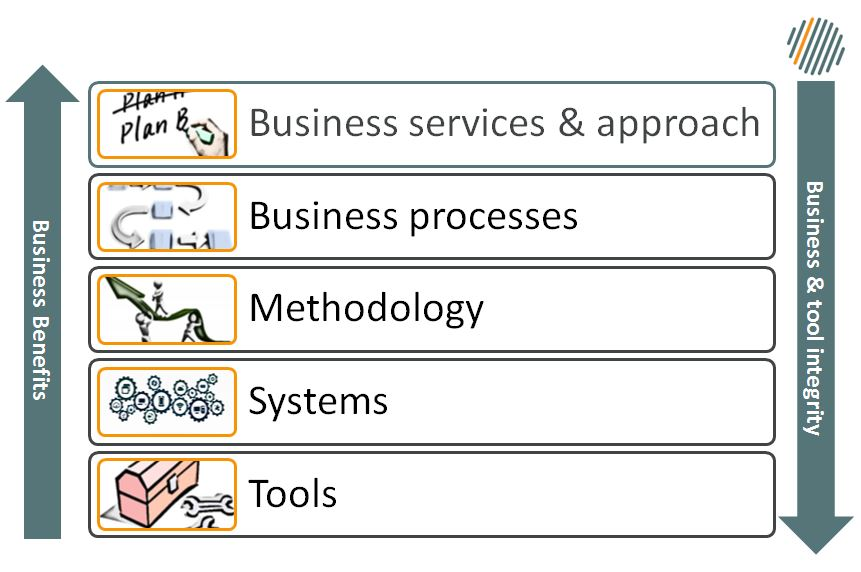
Download the BluePrint to learn how to use the framework for your services. You can book a time with us to discuss more.


